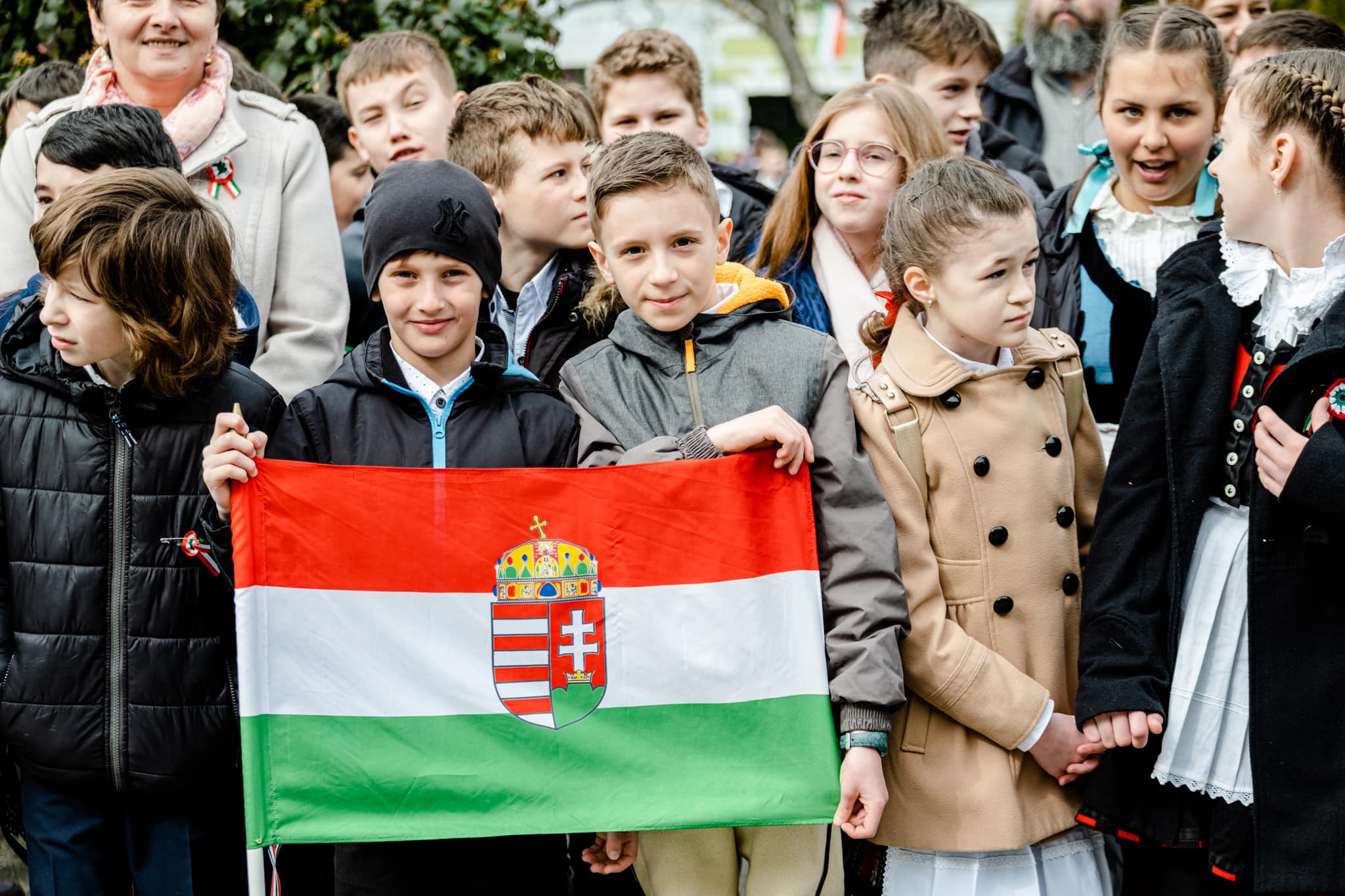
The decline could be attributed to the reduced presence of language rights organizations in Romania.Continue reading

Hungarians in Transylvania demonstrate stronger anti-immigration and anti-Western sentiments compared to the Romanian average, alongside a concurrent decline in trust in institutions.
These findings were reported by the Cluj-Napoca-based news site Maszol.ro on Tuesday, citing the results of a recent survey conducted by the Balványos Institute. At a press conference led by Tibor Toró, a lecturer at Sapientia University and research director of the Bálványos Institute, alongside Tamás Kiss, a researcher at the National Institute for Minority Research and co-owner of Transylvania Inquiry, the study’s findings were discussed.
The survey explored the perspectives of both Hungarians and Romanians in Transylvania on various issues, including the Russian-Ukrainian war, attitudes towards refugees and immigrants, electoral participation, party preferences, and trust in institutions.
The researchers conducted telephone opinion polls from February-March 2024 for the Hungarian population and a month later for the Romanian population, comparing the results with surveys conducted in 2022 and 2020.
They noted the emergence of welfare chauvinism in Romania, particularly in response to Ukrainian refugees, and observed significant shifts in attitudes towards refugees from 2022 to 2024.
Kiss highlighted that while Hungarians in Transylvania historically held more exclusionary views towards refugees, their opinions did not significantly diverge from the Romanian perspective. However, Hungarians in Transylvania exhibited a clearer differentiation between refugees of European origin and non-European, non-white-skinned refugees.
The survey revealed that the rejection of immigrants among Hungarians in Transylvania had increased from 54 to 57 percent since 2020, while Romanian society as a whole saw a decrease in the percentage of those unwilling to accept immigrants as their neighbors.
Similarly, rejection of Roma people had risen among Hungarians in Transylvania, but declined in Romanian society overall.
Transylvanian Hungarians displayed the highest levels of rejection, particularly towards refugees, while rejection of Muslims among Romanian society remained unchanged.
In terms of trust in institutions, Toró noted a decline among Hungarians in Transylvania in almost all institutions except local governments. Trust in the EU has decreased among Hungarians in Transylvania over the years, whereas it has remained stable among Romanians.
The study also explored the electoral mood among Hungarians in Transylvania, attributing their heightened electoral enthusiasm to intensified campaigning by RMDSZ (Democratic Alliance of Hungarians in Romania) since autumn.
Regarding perceptions of the Russian-Ukrainian war, the proportion of respondents identifying Russia as the aggressor decreased, while those attributing the conflict to Western countries and Ukraine increased.
Via MTI; Featured Image: Pixabay